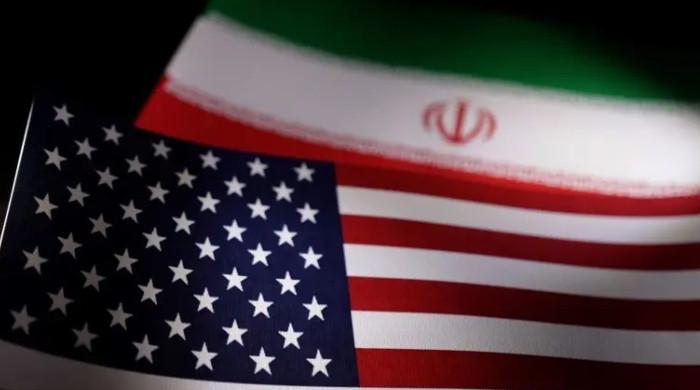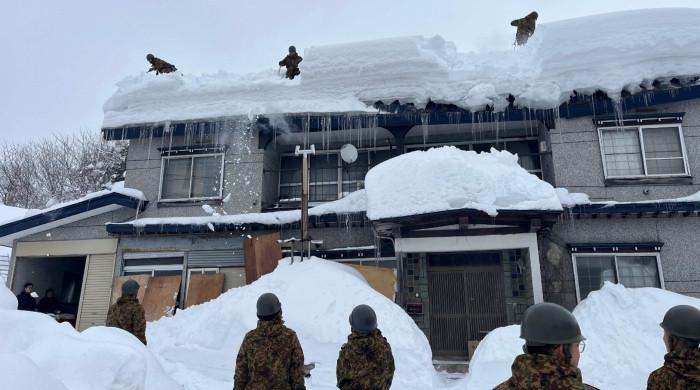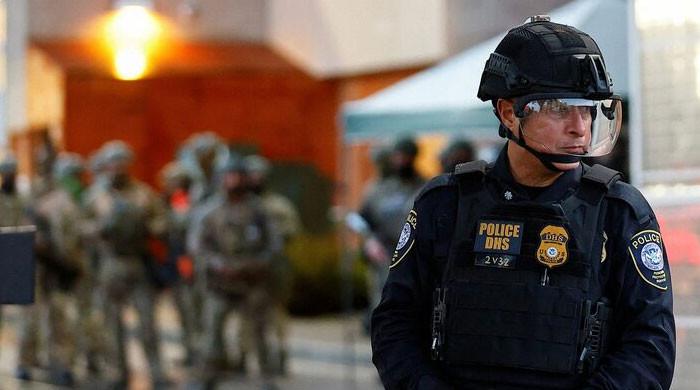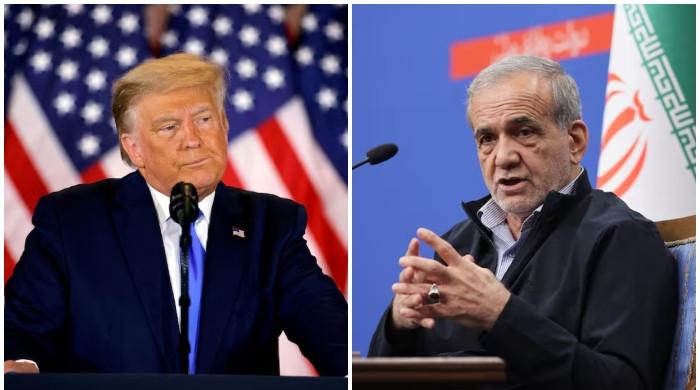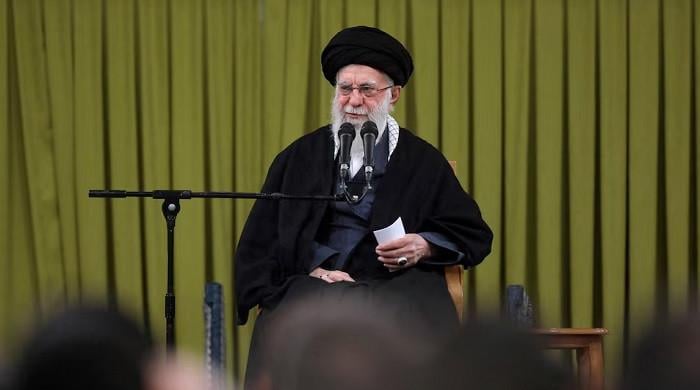UK calls on Pakistan, India to meet IWT obligations to avert tensions
UK foreign minister says countries should respect treaties after India suspends water pact
May 17, 2025
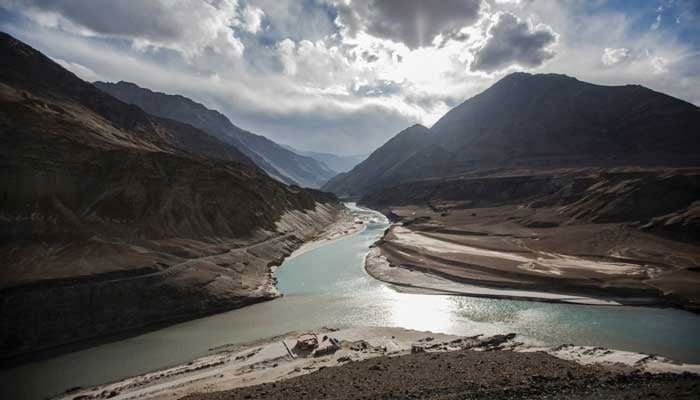
- Pakistan says Britain, US played a major role in de-escalating.
- Pakistan-India ceasefire is fragile, say diplomats, analysts.
- UK's Lammy accuses Russia of 'obfuscation' over Ukraine.
Britain is working with the US to ensure a ceasefire between Pakistan and India endures and that "confidence-building measures" and dialogue take place, foreign minister David Lammy said on Saturday.
Pakistan has said Britain and other countries, in addition to the United States, played a major role in de-escalating the worst fighting in decades between the nuclear-armed South Asian rivals, which erupted last week. A rapid diplomatic effort to broker the ceasefire succeeded on May 10, but diplomats and analysts say it remains fragile.
"We will continue to work with the United States to ensure that we get an enduring ceasefire, to ensure that dialogue is happening and to work through with Pakistan and India how we can get to confidence and confidence-building measures between the two sides," Lammy told Reuters in Pakistan's capital Islamabad at the end of a two-day visit.
Pakistan and India fired missiles onto each other's territory during weeks of tensions after a deadly attack on tourists in Indian Illegally Occupied Jammu and Kashmir that New Delhi blames on Islamabad. Pakistan denies involvement.
Following India's unprovoked attacks, Pakistan armed forces launched a large-scale retaliatory military action, named "Operation Bunyan-um-Marsoos" and targeted several Indian military strikes across multiple regions.
The strikes, described by officials as "precise and proportionate", were carried out in response to India's continued aggression across the Line of Control (LoC) and within Pakistan's territory, which New Delhi claimed were aimed at "terrorist targets".
Pakistan downed its six fighter jets, including three Rafale, and dozens of drones. After at least 87 hours, the war between the two nuclear-armed nations ended on May 10.
According to ISPR, a total of 53 individuals, including 13 personnel of the armed forces and 40 civilians, were martyred in Indian strikes during the recent military confrontation.
US President Donald Trump said after the ceasefire was struck that talks should take place in a third-country venue but no dates or location for the talks have been announced.
"These are two neighbours with a long history but they are two neighbours that have barely been able to speak to one other over this past period, and we want to ensure that we do not see further escalation and that the ceasefire endures," Lammy said.
Asked about India's suspension of the Indus Water Treaty, potentially squeezing Pakistan's water supply, Lammy said: "We would urge all sides to meet their treaty obligations."
Delhi said last month it had "put in abeyance" its participation in the 1960 pact, which governs use of the Indus river system, a move Pakistan says it would consider an act of war if it disrupted access to water in the agriculturally dependent nation.
Lammy said Britain would also continue to work with Pakistan on countering "terrorism", saying that it is "a terrible blight on this country and its people, and of course on the region."




